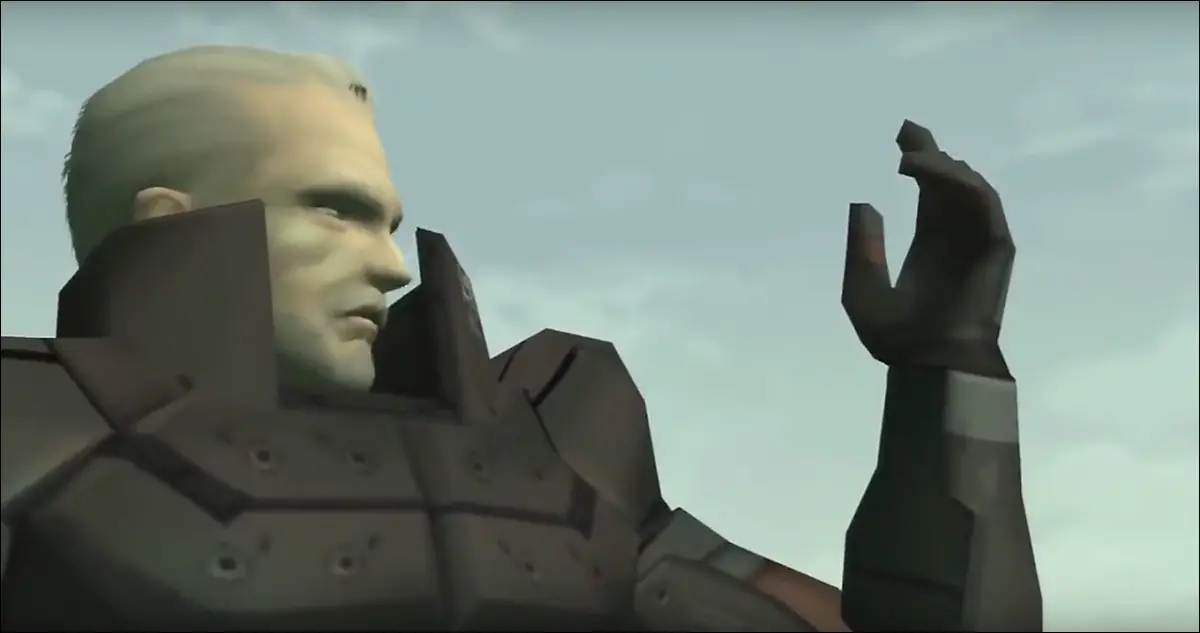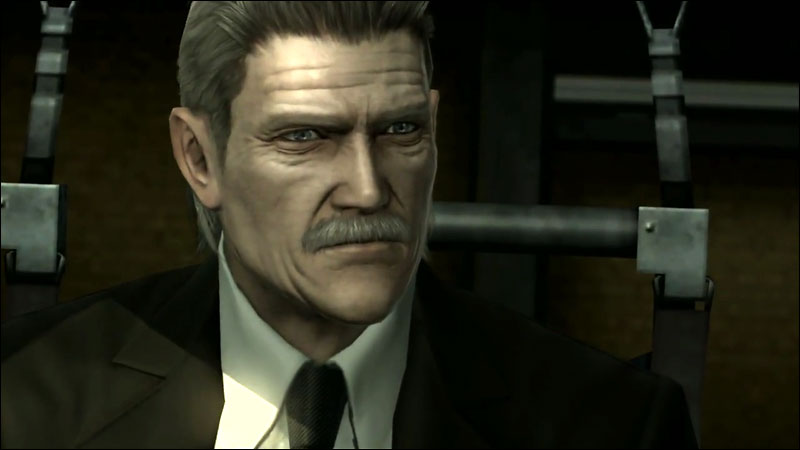Kojima on the Metal Gear universe: the main character overcomes his fate by passing the baton to the next generation
In an essay published on Glixel, Kojima talks about the movie Logan and how it relates to earlier superhero movies. Interestingly he makes some comparisons with the Metal Gear series, explaining some of his intentions behind the stories.
“In this world, mutants are on the verge of extinction and Logan has lost his place. The universe where superheroes thrived is a distant memory.”
Kojima compares this to the setting of MGS4, in which the protagonist (in this case Snake) is also a symbol of an old, bygone era. One in which he doesn’t really have a place anymore.
“Back in 2008, I did something similar when I put an old Solid Snake into Metal Gear Solid 4: Guns of the Patriots. In the intro, Snake says “War has changed.” His codename was also changed to “Old Snake.” The letters “I” and “S” were removed from the word SOLID: “is” – or in other words “being” – had been taken away from him; he was now Old Snake. In much the same way, both Snake and Logan had their place in the world taken away from them. What place is there in the world for those whose very being has been wrested from them? All that remains is the end of their story – a story of their departure. I attempted to pull the same trick you see in Logan – of simultaneously writing an “end” for MGS4 while trying not to actually end the whole saga.”

He then talks a bit about one of the most important overarching themes of the series – humanity’s desire to leave something behind after they’re gone.
“Given that dying is the ultimate fate of all humans, how can you resist that fate and attempt to overcome it? In Metal Gear Solid 2, Solidus Snake, who has no ability to reproduce (none of the cloned Snakes can), tries to pass along knowledge of his existence to the next generation through cultural memes. Later, in Metal Gear Solid 3, I depicted overcoming death through the accession of The Boss to Big Boss. Logan tries to overcome fate in a similar way – just like in the MGS series, the main character overcomes his fate by passing the baton to the next generation.”

Kojima also went on to explain that similar to the name ‘Logan’, the code name ‘Snake’ served an important purpose as well.
“Just like Logan, Snake doesn’t ever use his real name, instead taking a title that can be inherited. This “other name” is what allowed us to have several different Snakes appear in the MGS series, and how each could pass the baton to the next generation. The name “Snake” gave them the ability to overcome their individual limitations, pass along their mission, and allow the extended universe to continue. It was always so much more than just a codename.”
After that Kojima makes one more comparison with Metal Gear, referring to how Raiden disposes of his code name at the end of MGS2.
“My take is that this film is called “Logan” rather than “Wolverine” because the baton that he is trying to pass to the next generation is that of his more human persona. This is similar to how Raiden in Metal Gear Solid 2 is at first treated as a pawn, and then awakens as a person: Jack.”

Kojima also noted that in his view, the entertainment medium of video games has already surpassed the storytelling possibilities of film due to its interactive, dynamic nature.
“The entertainment medium of video games has already exceeded the storytelling capabilities of movies. Games can give birth to as many stories as there are players. Games don’t seek to create endless stories – they can already deliver stories that don’t need to end. Games are also more addictive than movies. And let’s face it, endless addictive entertainment is just what the market – and players – ask for.”
To read the entire essay, follow the link in the source section below.

